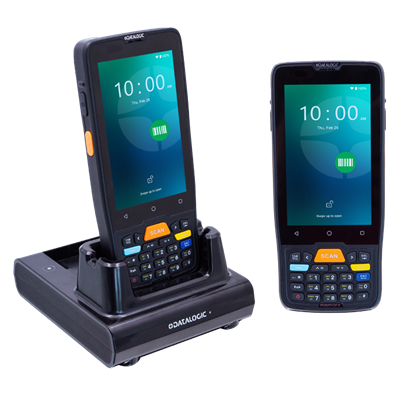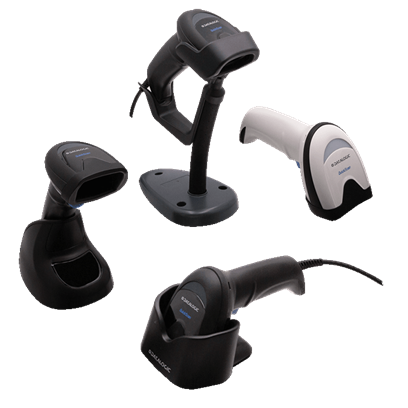Pharmacy Drug Verification
Pharmacy Drug Verification
HEALTHCARE SOLUTIONS FOR PHARMACY DRUG VERIFICATION
Fast and reliable pharmacy drugs verification is vital for proper pharmacy operation. Pharmacists are responsible for ensuring that the right drug is consistently given to the right patient. In a profession with very strict regulations, it’s crucial to have an accurate record of all drugs passing through the pharmacy. Errors have dangerous impacts and are very costly.
For years, national associations for pharmacists worldwide have encouraged pharmacies to use barcode technology for inventory management, dose preparation and packaging, and dispensing of drugs.
This reliable identification method ensures that all single sales units distributed, deployed for intermediate storage or used in preparation of patient doses are the correct products, neither expired nor recalled.
WHERE PHARMACY OPERATIONS USE BARCODE IDENTIFICATION
- Inventory stocking (both in-pharmacy and other locations where patient drugs dispensing occurs - e.g. automated dispensing machines).
-
Manual packaging of drugs.
-
Compounding, repackaging, and labeling processes (e.g. tracking of source ingredients).
-
Retrieving medications from automated dispensing machines.
-
Dispensing from pharmacy to external locations.
Using barcodes in these operations enhances patient safety by improving accuracy of core pharmacy functions, avoiding errors in medication administration, and simplifying the daily activities of pharmacists.
HOW BARCODES ARE USED FOR PHARMACY INVENTORY, PREPARATION, AND DISPENSING VERIFICATION
The use of barcodes in inventory management, dose preparation and packaging, and dispensing improve patient safety in numerous ways:
- During in-pharmacy stocking or patientcare locations (e.g. loading an automated dispensing machine) barcodes it helps store the product in the correct location.
- During drugs retrieval it mitigates the chances of erroneous stocking, which is especially important in the case of automated dispensing machines, where there is higher risk that caregivers will override controls and retrieve medications for immediate use.
- During the identification of source ingredients for compounding, repackaging, or labeling it ensures that labeled doses contain the correct ingredients. Moreover, such barcode identification creates a reliable link between the information in the final package’s bar code, its contents, and the National Drug Code of the source container, which may be required to satisfy billing requirements.
- During dispensing, barcode identification helps prevent errors with similar medication substitution that are difficult to detect visually. It identifies (for removal from distribution) drug packages with missing or unreadable codes and prevents distribution of expired or recalled drugs facilitating retrieval in case of batch recall.
- Barcode identification during all the above activities allows creation of an audit trail for each transaction in the inventory, preparation, and dispensing process. Analysis of the trail provides indications of frequency of each error occurred, record of the time needed to recover errors, and accuracy evidence of manual procedures to deliver the correct drug.
Barcode verification is also highly effective for use on bulk packages (e.g. bar code on unopened cases of unit-dose packages) to confirm the contents of each item in the case. For patient-specific doses, each individual container must be identified.
The equipment and training costs for a pharmacy-based barcode identification implementation are minimal. Periodic system upgrades and possible expansions are easy to implement.
OVERALL BARCODE BENEFITS FOR PHARMACIES
- support for all pharmacy processes required by local drug dispensing laws
- serialization code scanning of single sales packages
- pharmacy drugs verification upon arrival in the pharmacy
- immediate access to updated drug data
- streamline connection to the national central drug register
- direct access to pharmacy operation log file
- system scalability
In-pharmacy use of barcode verification increases patient safety and quality of care. It also provides data for statistical analysis of the pharmacy distribution operations to evaluate correct staffing, identify causes of repetitive errors, and improve overall management of the drug distribution process.
References:
- https://www.pharmacytimes.com/view/how-to-verify-a-prescription-part-i
- American Society of Health-System Pharmacists. ASHP statement on barcode verification during inventory, preparation, and dispensing of medications. Am J Health-Syst Pharm. 2011; 68:442–5.
Video Gallery
Magellan 3600VSi & 3700HSi | Smarter scanning. Faster checkout. Green...
Sweep Speed - Magellan 900i
GS1&OCR - Magellan 900i
Adaptive Illumination - Magellan 900i



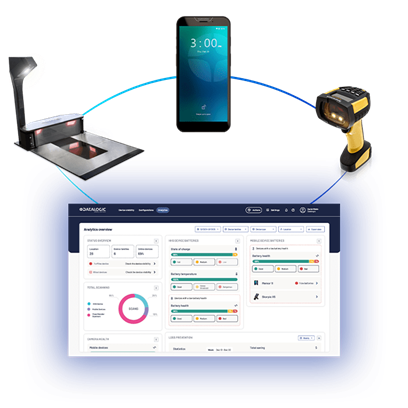
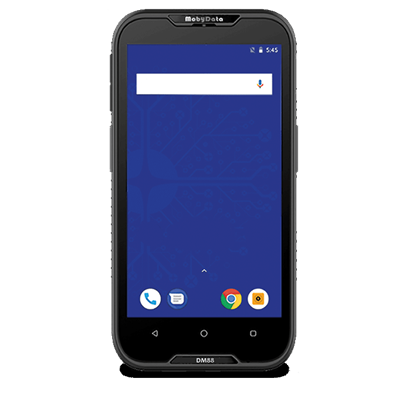
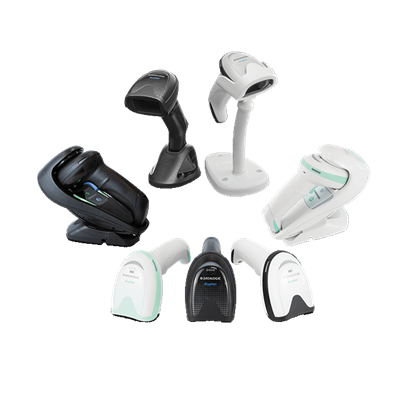
.png)
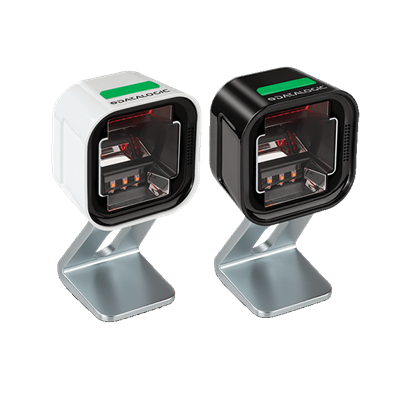
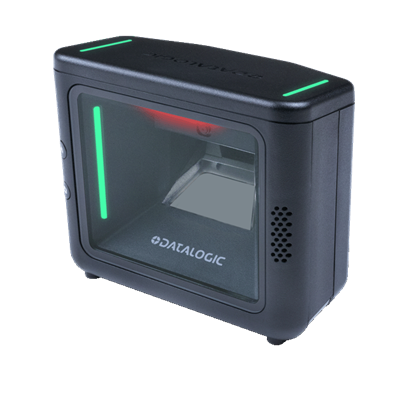
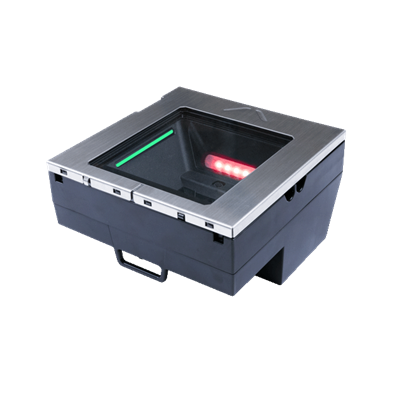

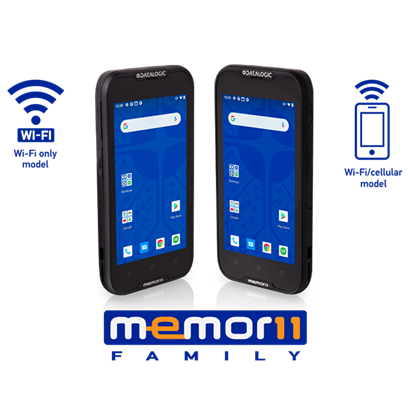

.png)
